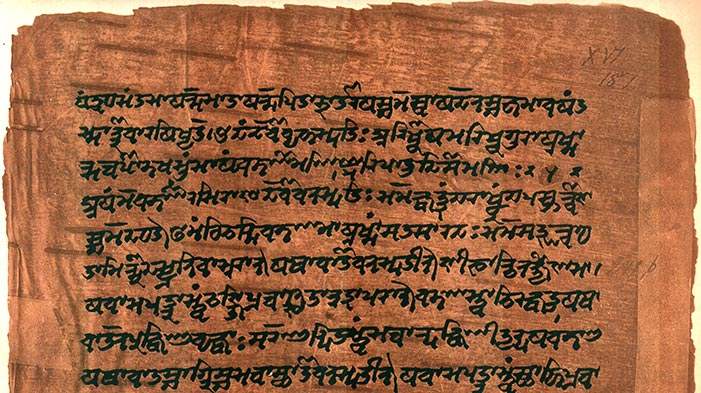In a time when people are communicating important information via Twitter and the very existence of facts is being questioned, the traditions of academic scholarship, built on the bedrock of logic and reason, are going to be more vital than ever. There is just no substitute for the careful, persistent pursuit of truth, certainly not in the hyperbolic stories and half-truths that come out of a lot of our media and “corporate-sponsored” research. Although many people find the tested traditions of academia tedious, even dull, they don’t have to be. Following a well-written work of scholarship as it moves persuasively toward its conclusion can be an enlivening, even exciting experience. I remember how I felt when I first began to comprehend Hegel’s Philosophy of History as an undergraduate. It was as if doors were literally opening in my mind.
Not every work has to be as monumental as Hegel’s to succeed. A work with far more modest aims can, and should, engage readers deeply. To do that, it needs to take a step beyond the basics—beyond even sound scholarship, valid arguments, and evidence-based claims. Those are necessary but not sufficient qualities of good academic writing. A big part of the success in communicating ideas depends on how well they are organized and, of course, on the quality of the writing. Well-formed sentences, a precise choice of words, and a structure that holds the information well sustain a reader’s interest. They can do more than that: they can make even a work of scholarship a page-turner. When I edit a piece of writing, I always try to ensure these qualities are there.
A lot is at stake on our planet right now, and academic writing may seem irrelevant to these pressing concerns. To some, the whole academic enterprise may feel like an antiquated, slow-moving dinosaur. Nothing could be further from the truth. Through scholarship that is strong, persuasive, interesting, and rooted in integrity, we can make America think again.
A professional editor for over thirty years, Ed works in a variety of genres. His projects have received publishing and professional awards.

